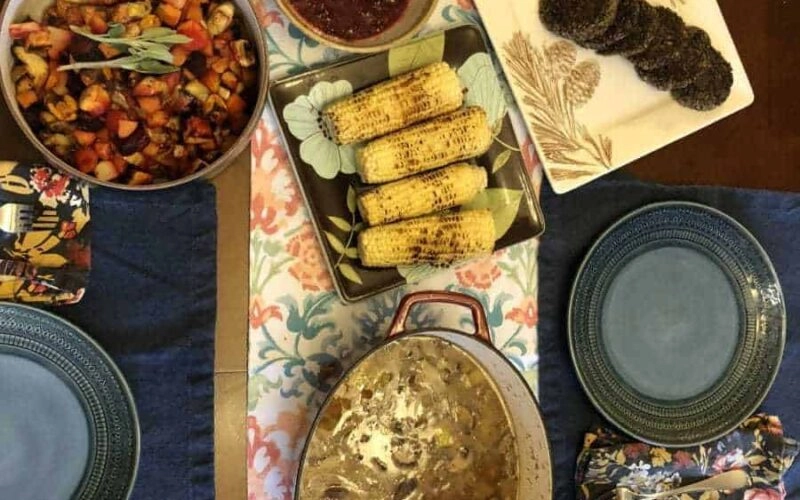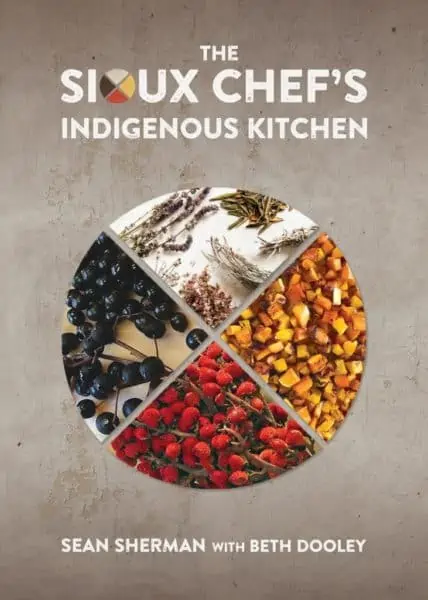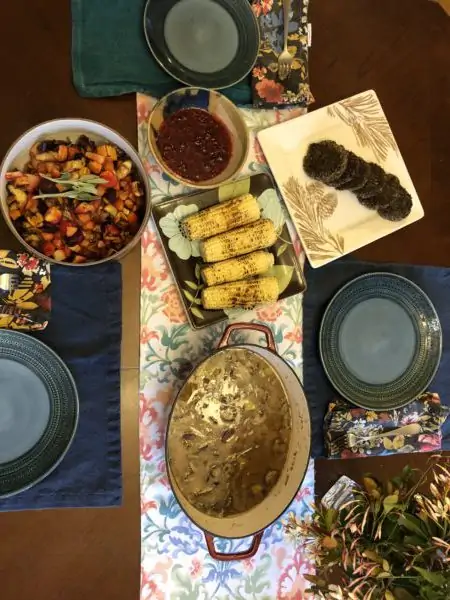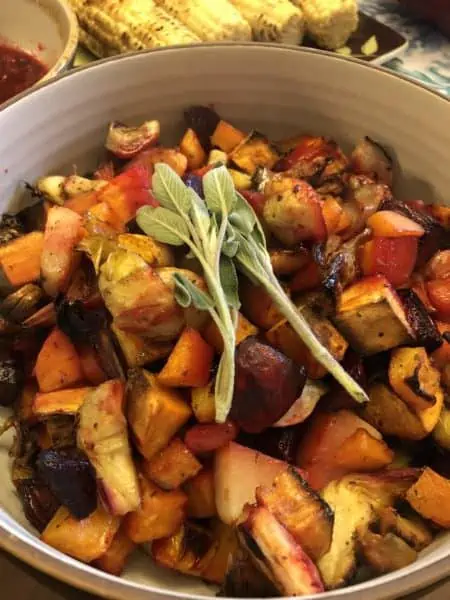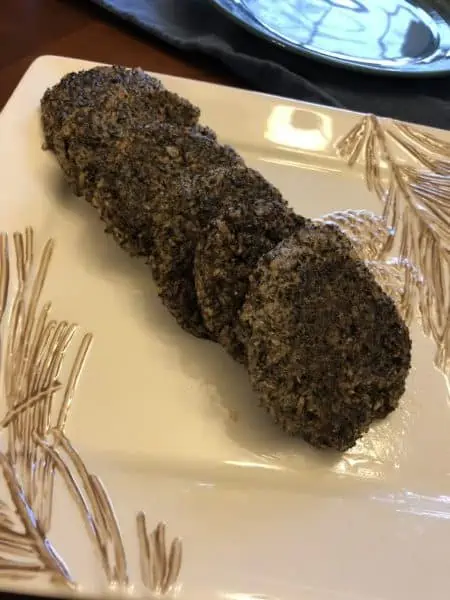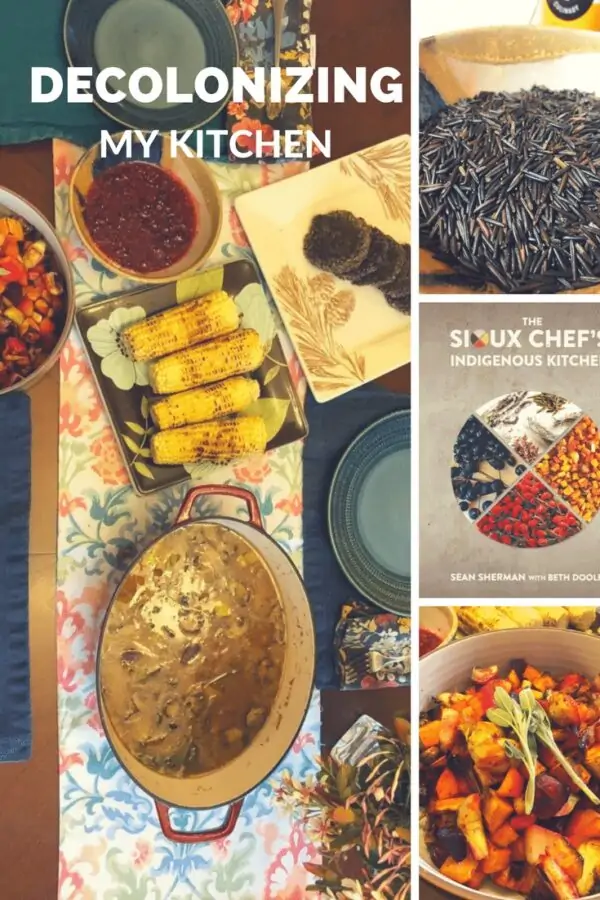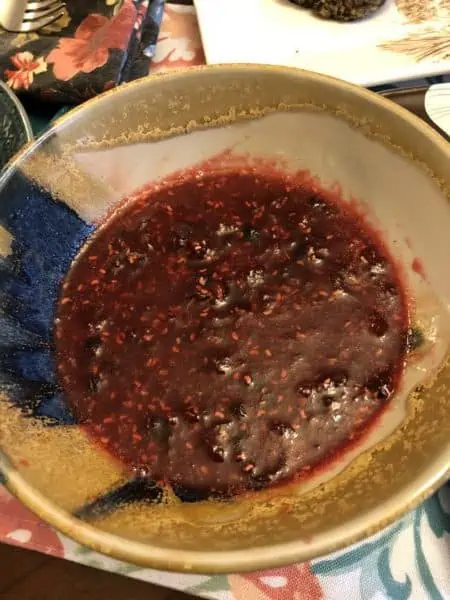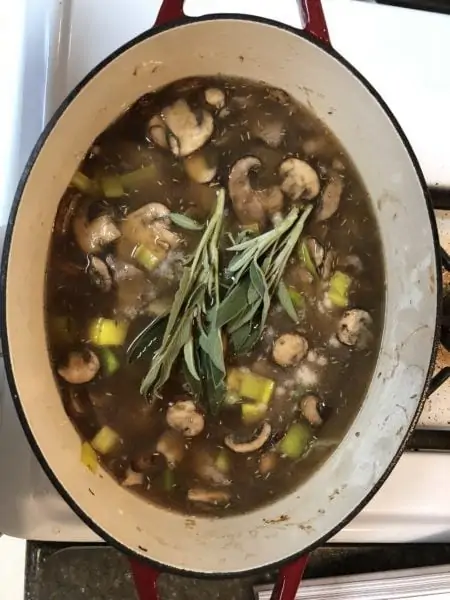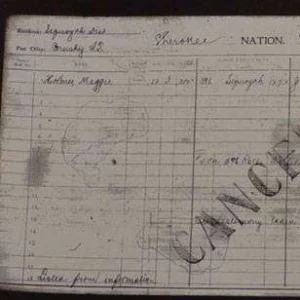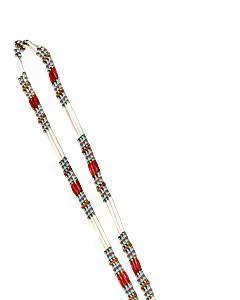The decolonization of our diets has become increasingly important within our indigenous communities. With issues such as Diabetes and obesity a growing concern in our communities, we have begun to look more incredulously at our foods, and how eating the diets of the Colonizers was yet another battlefield that threatened our health.
2017-2018 Miss Indian World Raven Swamp even based her platform on indigenous eating and the importance of eating traditionally. As this topic gained speed and relevancy amongst Indian Country, I heard about “The Sioux Chef's Indigenous Kitchen by Sean Sherman.” I ordered his book last week, and after reading his forward and his recipes I was hooked! This was traditional eating, and as a Lakota woman, I had relied on fry bread for too long. I was ready to eat clean and to eat traditionally.
The issue I encountered as an Urban native….was just how difficult it was to find some of the ingredients I would need to eat traditionally. That wasn't going to just be a quick trip to the store kind of meal. It would take some planning out here in the city. I found some specialty stores that were local and carried what I would need, with only a few of the suggested substitutes.
Tonights meal consisted of:
-Maple-Sage Roasted Vegetables ( Phežíhota na Čhanhánpi Tiktíča ún Wathótho Čheúnpapi)
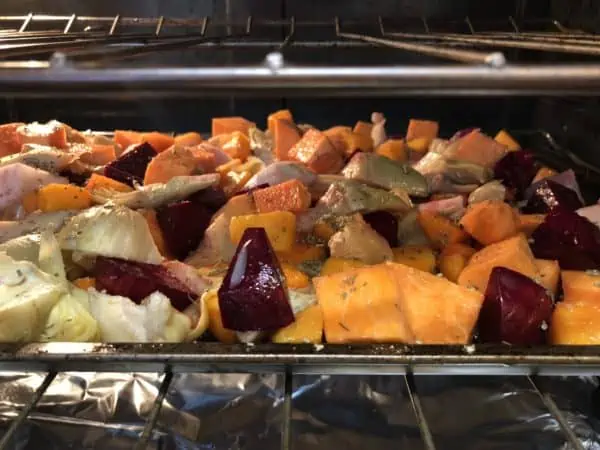
This was so delicious. The roots and vegetables had a slightly sweet and salty taste to them, the roasting brought out the flavors with just a hint of sage. My children enjoy all things sweet, this was a hit in our home.
-Wild Rice Cakes (Psín Agúyapi Sáka na Hogánwičhašašni Asótkaziyapi nakún Wahpé Skúya Yužápi)
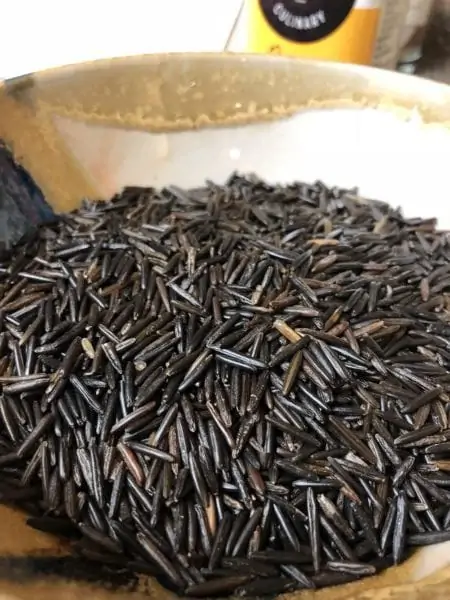
These Wild Rice cakes were made from Minnesota wild rice, and then lightly fried in sunflower oil. We topped these with Wóžapi, and it made for a delicious side dish.
-Wóžapi
This delicious sauce was made from raspberries, cranberries and a lot of honey. It was still pretty tart, but really complimented my next dish which was on the salty side.
-Elk Stew with Hominy (Tháhča naínš Heháka na Pašláyapi Wahánpi)
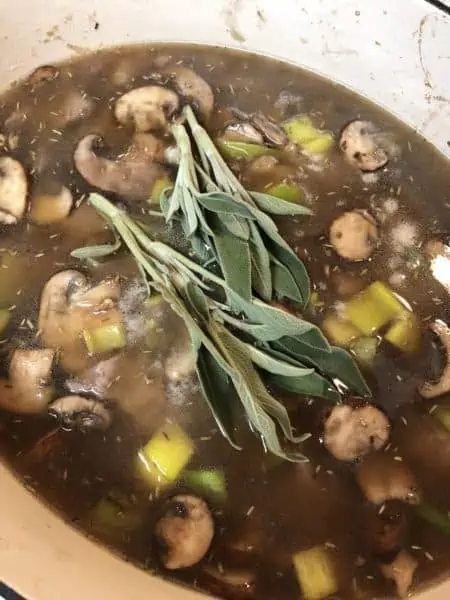
This stew was filled with subtle flavors. I substituted the elk for Lamb, as I didn't have any Elk, and I used Leek instead of wild onions. The whole meal together felt like a direct protest. It felt liberating to eat traditionally and to watch my children laugh as they dug into their rice cakes.
I plan on continuing to decolonize my Kitchen, though I am learning that it is going to take real effort. It's easy to buy things that are unhealthy, and quick. I can see now the importance of starting the process and even if you can switch one food out at a time… it's still healthier. I'm also learning to make things in bulk, that will last longer. This is another tradition for wintertimes. Living out here in the city it's easy to run to the store and buy whatever is cheapest and will fill our bellies longer, but in the long run, it will beat us down. For my family, choosing to eat traditionally, is a privilege, but it is also a right. I look forward to continuing to eat this way with my family.
